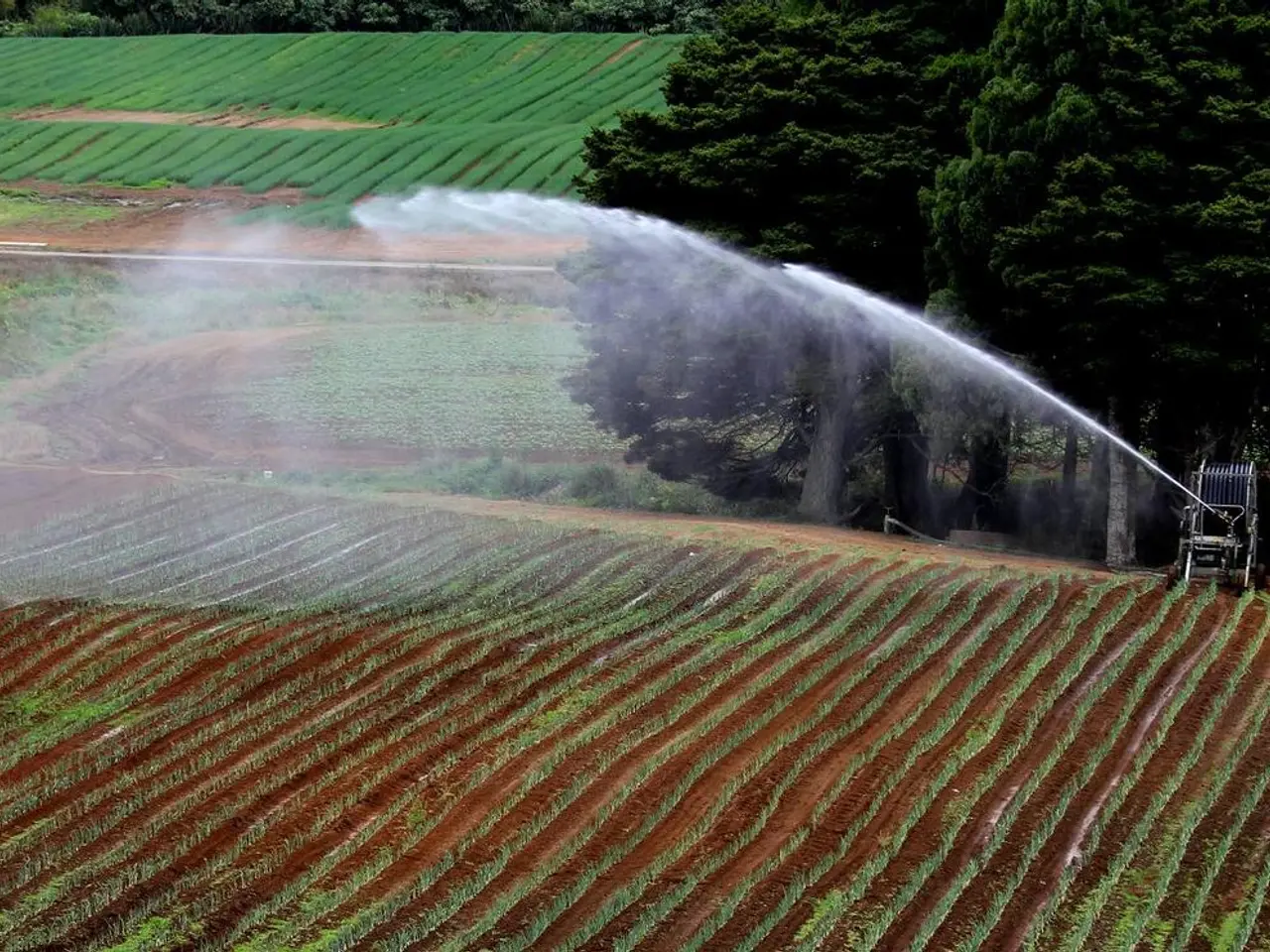Precision Agriculture: Tech & Data Transforming Farming
Precision agriculture, a modern farming technique, is transforming the industry by harnessing technology and data to enhance efficiency and sustainability. This innovative approach promises significant benefits, including resource efficiency, cost reduction, and enhanced profitability.
At its core, precision agriculture involves collecting data through various means such as sensors, drones, and satellites. This data, when analyzed, helps farmers tailor their practices to specific field conditions, leading to improved yields and resource use. Applications of this technology include agricultural mapping, soil sampling, weather monitoring, and labor management.
Looking ahead, the future of precision agriculture lies in technological advancements and integration with the Internet of Things (IoT) and Artificial Intelligence (AI). This will enable remote monitoring and management, further streamlining farming processes. The potential of future developments in this field is vast, promising significant enhancements in efficiency, productivity, and sustainability through technologies like AI, robotics, blockchain, genomics, automated health monitoring, precision feeding, and data-driven market relationships. However, challenges remain, including data management issues, integration challenges, and financial considerations.
Precision agriculture, with its promise of enhanced efficiency and sustainability, is set to play a pivotal role in the future of farming. By leveraging technology and data, farmers can make informed decisions, reduce costs, improve yields, automate labor-intensive tasks, and ultimately, enhance the profitability and sustainability of their operations.





